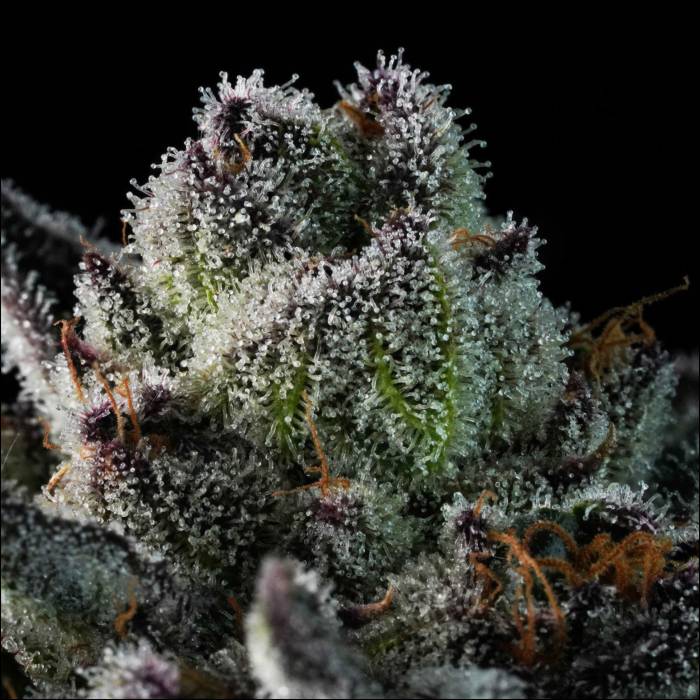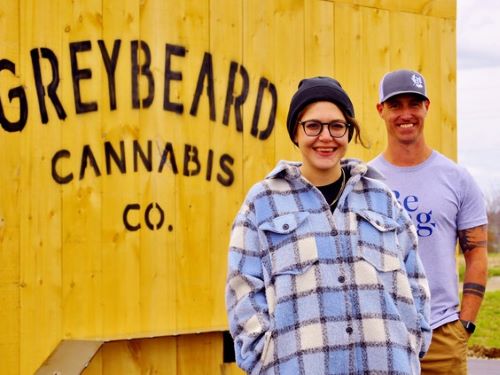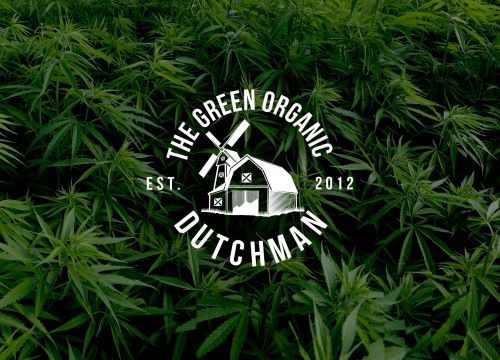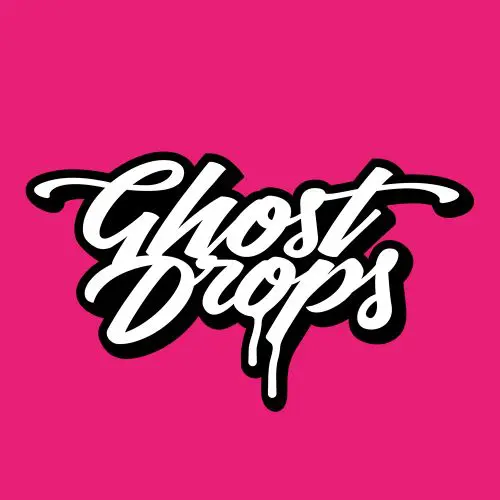Updated on February 14, 2024
Craft Cannabis in Canada
Has a unique and rich history that’s filled with grey clouds but mixed with rays of sunshine. It’s a legendary history that deserves to be told. Starring unique characters who might tell you wild stories of profitable ventures; a thriving underground economy that sustained small communities everywhere; a story of marginalized and criminalized citizens; and the never-ending cat-and-mouse game with the authorities. To be sure, the war on drugs left us with some dark grey clouds, but it could not extinguish those rays of sunshine we see in our legacy craft growers with their expert levels of knowledge and professional expertise in the art of growing cannabis.
Looking forward to the legal craft market, it’s shaping up with sunny and promising outlooks, overtaking the once dark clouds or stigma of deviance that craft cannabis used to represent. The transition has not been without great challenges though. Many legacy craft growers report they are in a tight situation with over-the-top start-up costs, licensing red tape nightmares, marketing and branding hurdles, the price of processing … all this and more are taking their toll and making small batch cannabis an almost impossible venture without access to vast amounts of cash, or friends with cash.
At the end of the day, all lovers of high-quality, top-shelf cannabis want their dank spoils. We also want the unique characters, to hear their stories, to learn from masters of the trade, and share their premium crafted products. And we all want sustainable rural communities where only small and local business makes sense. The market is demanding the product and Canada’s craft growers can fill that niche.

Feature images credit: Tantalus Labs. The above image is their Sunset Sherbert strain.
It’s a story that deserves to be told.
BC craft cannabis has a stellar reputation that is considered to be the absolute best in the world since the 1960s, and that reputation still holds strong today. I still search for the best BC craft cannabis that’s out there today. I’m thrilled to report that the best options in the legal market are comparably just as good as legacy craft cannabis. But its more bountiful and accessible now for the casual consumer thanks to legalization.
Join me as I describe what craft cannabis really is. I will discuss its legacy, the market then, and now, and what the future looks like. I’ll also dig into the top cannabis brands on the market today and how they emerged from the legacy market.
Craft Cannabis FAQs
What is craft cannabis?
Craft cannabis is the best of the best quality cannabis flower that’s cultivated by master growers in small batches. It’s grown in a facility that produces less than 10,000 kg of dried cannabis per year. It’s hand-nurtured to achieve the desired premium traits in exclusive strains. Sometimes it is referred to as artisanal cannabis because it’s grown by legacy growers who have proprietary knowledge and genetics from generations of nurturing their strains.
What does craft grown mean?
Craft-grown cannabis means that you are getting specialized strains that are hand-grown and nurtured in small batches to achieve high potency with high terpene levels, flavor, aromas, and superior bag appeal. Craft cannabis encompasses rare and exclusive genetics that produces that sought-after unique smoking or vaping experience.
Is craft cannabis legal?
Craft cannabis has been legal in Canada since October 2018. Craft cannabis licensed growers/producers (LP’s) are required to obtain a licence from the government in order to sell their products legally.
What’s the difference between craft cannabis and organic cannabis?
Craft cannabis is not necessarily certified organic. Organic cannabis is grown in outdoor environments that use natural pesticides, along with light and control methods that align with regulations of third-party certifiers in Canada.
Is there craft cannabis and organic cannabis certification in Canada?

Craft Cannabis proposed badge design by Budhub.ca
There is no official certification system for craft and organic cannabis in Canada as of yet on the federal level.
Organic cannabis however is showing signs of growth in Canada from a consumer perspective, so of course there will be interested organic producers waiting to fill that market. According to surveys a significant and growing number of Canadian cannabis consumers are now more interested in organic products than a few years ago. All of this new interest has been stirring the debate as to what federal body will be responsible for the oversight of cannabis certification moving forward.
It would be good if organic cannabis was certified similar to how organic food products are officially certified under the Canada Organic Regime. Commodities such as cannabis plants and their cultivation are outside the scope of the Canada Organic Regime overseen by the CFIA at the moment but change is coming. There is an article “The Wild West of Organic Cannabis” on Stratcann that does a great job explaining this in more detail.
What is the difference between small-batch cannabis and commercial cannabis?
Small Batch Cannabis vs. Commercial Cannabis | |
Small Batch Cannabis | Large-Scale Commercial Cannabis |
Focus on integrity and product quality | Focus on quantity and high-yield crops, licenced to grow thousands of plants at the same time |
Small scale hands-on approach, better control for quality | Big business approach, less attention to detail |
Terpene-rich and flavor focus | Mechanized processes, less control |
Hand trimmed to preserve bag appeal and trichomes | Mechanized process, reduced aesthetics and potency |
Hand harvested and curing methods | Mechanized process |
Local farmers, market vibe | Multi-national corporations |
Values-driven business model | Profit-driven model, cash-crop |
Consumer-producer relationship | Consumer-retailer relationship |
Optimized growing conditions | Growing conditions for large scale operations are still a work in progress |
AAAA+ top-shelf exotic strains | Strains that are fast flowering allow for maximum yield for every square foot of the facility |
Commands a premium price | Budget friendly |
The Legacy Market
Long before Canada legalized recreational cannabis in 2018, British Columbia had a deeply rooted, productive, innovative, and very profitable cannabis trade that still exists today but on a much smaller scale post-legalization. Small enterprises were operated by a tightly knit, underground network of cannabis producers and growers. They supplied and distributed their product across the country, into the US, and the rest of the world for that matter. These veteran growers are the knowledge-keepers, the bedrock of the cannabis industry, the architects of a fully evolved trade network that supplied the unregulated market for over 60 years.
And as a result, BC now enjoys a world-renowned reputation for quality, with award-winning cannabis strains grown by master craftsmen of today that are coveted by cannabis enthusiasts. The market that existed before legalization earned the stigma and reputation of weed culture in Canada. Coming from BC, aka BC Bud, the legacy market is generations of farmers who know how to grow the best weed period.
The Current Market of Craft Cannabis in Canada

Black Tuna craft cannabis macro by Pistol & Paris.
You’re not alone if you want premium quality weed with that brand and bag appeal. We pay more for high-potency craft cannabis because we want:
- A unique flavour
- A certain type of experience
- A particular exotic strain
- The purest organic products
- The producer to be socially responsible
A 2021 study on product pricing in the regulated cannabis market found that most consumers will choose budget-friendly brands however some will pay for premium or other advantages. In fact, a significant and growing number of us will pay 16-41% more for craft cannabis – and this market grew 158% in one year according to the research firm BDSA.
Even with high consumer demand, legitimate small craft growers are struggling to compete with the unregulated market because of government regulatory obstacles. First, you have to pay-to-play and small producers have difficulty accessing the capital required. Then there are the onerous and expensive licensing and application fees, insurance requirements, marketing and branding costs, security systems, and not to mention the crazy real estate prices. And if all that wasn’t enough, the excise tax alone is said to be a greater expense than staff. All of this (and more) creates a risky environment and an uncertain business model where licensed, small cannabis producers are struggling.
But there are some sunny and promising outlooks ahead. There are industry leaders like Tantalus Labs CEO Dan Sutton and Stand for Craft Campaign, who have made 40+ recommendations to the government advocating for better regulations and some have been implemented. And there is the upcoming review of the federal government’s Cannabis Act. And we have high hopes that the new BC provincial plans for cannabis consumption spaces and farm-gate sales will sustain small growers, our local economies, and satisfy consumer demand for craft cannabis.
What’s being done to support craft cannabis?
So how can a small farmer compete with the deep pockets of the corporate cannabis industry and what is being done to preserve the micro-growers and the craft cannabis market? Despite growing pains with legalization, here are some solutions where everyone wins.
The BC Craft Farmers Co-op’s (BCCFC) members and supporters work to see a future where Canadian consumers, both recreational and medicinal, will have access to the highest quality BC craft cannabis. And where BC maintains its legendary status as the leader and innovator on a global scale. Budhub.ca recently spoke with David Hurford, BCCFC Secretary, who estimates there are approximately 6,000 medical cannabis farmers in B.C. who are licensed by Health Canada. Each of these farms employs approximately 4.5 full-time employees. If we could get just 15% of these farmers transitioned to the recreational market, rural BC communities would see 4,500 rural, family-raising jobs overnight! The BCCFC advocates for small/mid-size cannabis farmers and processors. The Co-op offers a sustainable alternative to the unregulated market through policy development, community and peer networking, advocacy, and knowledge exchange.
Farm-gate operations will permit cultivators to retail their products at production sites much like a winery or brewery. The opportunity for direct sales from micro-growers has a lot of benefits to go around. Direct sales from the producers will support local, small-scale producers and offer boundless opportunities in the agri-canna-tourism niche sector all while contributing to sustainable rural communities. As consumers, we feel like we are getting a great experience, a fresher product, and hopefully much less packaging. With farm-gate, consumers will learn how their BC bud is grown and will meet the growers. This is what builds relationships, trust, transparency, and brand recognition.
All this, and much more, is possible if we work together. Join the movement to get BC’s legendary craft cannabis farmers included in the legal market and their local products on the shelves.
The Future of Craft Cannabis in Canada
For all cannasseurs – weed snobs if you will…
Remember living in Ontario in the 1980s and how BC bud was so very much in demand and almost impossible to find? Its reputation was notorious but glorious to us, our group of friends would spend weekends trying to find it, from Toronto to Ottawa and Montreal. We would have paid anything for it back then just to get that powerful high and unique smoking experience. It was a welcome change from the hash that was available to us 90% of the time. I see rays of sunshine for the future of craft cannabis.
“But craft beer did something that Molson or Labatt’s wouldn’t do.”
The biggest legal cannabis brands could become the “Molson” and “Labatt’s” of weed, considered to be value-priced, everyday weed, where everyone has easy access. But craft beer harnessed a market that Molson and Labatt’s wouldn’t touch, because they saw this market too small to produce product cheaply.
Craft cannabis will inevitably carve its place in the market the way craft beer did. Hybrid regulations will evolve similar to local microbreweries and they will have that craft cannabis badge to be third-party certified as craft cannabis.
I predict a market explosion for craft cannabis moving forward. Currently big corporations are buying up smaller craft brands as a part of their portfolios. Not just their brands, but their genetics, cultivars, and corporate identity. Because they see the higher prices they can get from a significant and growing customer base. Ultimately, these large corporate models of business have big shoes to fill, and a lot to learn from our small craft growers to satisfy a sophisticated and discerning market.
As cannabis eventually becomes legalized throughout the US and the world, while multi-national corporate cannabis competes in an international landscape, local craft cannabis is going to be even more sought after than ever. Producers and retailers are defending their market share in Canada and preparing for the oncoming boom.
Top Craft Cannabis Brands Canada
Some of the best brands are transitioning from the legacy market to the legal market this year, with quite the story to tell, read the full article.
Here are the top 5 trending craft cannabis brands.
Each brand is chosen by popularity on Budhub.ca based, in part, by how many dispensary retail stores carry the brand across Canada. Other considerations are user reviews across the internet, brand reputation, a consistently quality product, and a demonstrated leadership in community and environmental sustainability.
In Conclusion
While cannabis is still in its developing years of legalization there are adjustments that need to be made. And if we pay attention to our growers’ calls to action, and move toward solutions that can work, we can all look forward to a variety of exclusive and top shelf weed, innovative solutions, sustainability, and product safety.
We want to see changes in federal and provincial policies in support of a legal market for micro-cultivators. We want more of them to enter the legal market and actually compete against their illicit counterparts. This would mean loosening regulations to make it easier to get their products to consumers. The result will be higher quality and more diverse products for us and a more sustainable business model that supports local communities.
In a perfect world.
We want to be able to go to the local market and try unique craft cannabis that you can’t find anywhere else and talk to the people who grew it. Like vineyard tours, talk to the makers, buy 3-4 bottles, get to try some for free and take some home. People want that experience, to meet and interact with that hippy happy-go-lucky farmer who grew that weed, talk about the one-of-a-kind hybrid strains he or she creates.
Craft cannabis should uphold what the legacy market established generations ago. Be a constant reminder of what the best of the legacy market once was. When you buy craft cannabis 5 years from now, it’s going to be the best of the best before it was being bootlegged. It should be the watermark, the accumulation of generations of knowledge to produce even better-quality product – what cannabis should always aspire to be.
The question remains.
How can we ensure our craft cannabis producers thrive so consumers maintain access to the best premium cannabis products and strains?
We can do our part by supporting the craft growers any way we can. Let’s buy their products from local cannabis stores. Let’s take a canna-tour of their operations and purchase from their soon-to-be farmgate retail outlets. Let’s mention them in reviews and on social media and talk about how amazing your favorite craft brands are. Why not even share a joint of the good stuff with family and friends to help spread the good word that Canadian craft cannabis is the best in the world.
Cheers,
Anna Gray
Editors note: Budhub.ca supports a thriving, legal craft cannabis market in Canada. We want to see this legendary craft thrive and maintain a stronghold as the best, like what the legacy market did for BC bud. We have our fingers on the pulse when it comes to the latest trends and news and are excited to share more stories with you.








